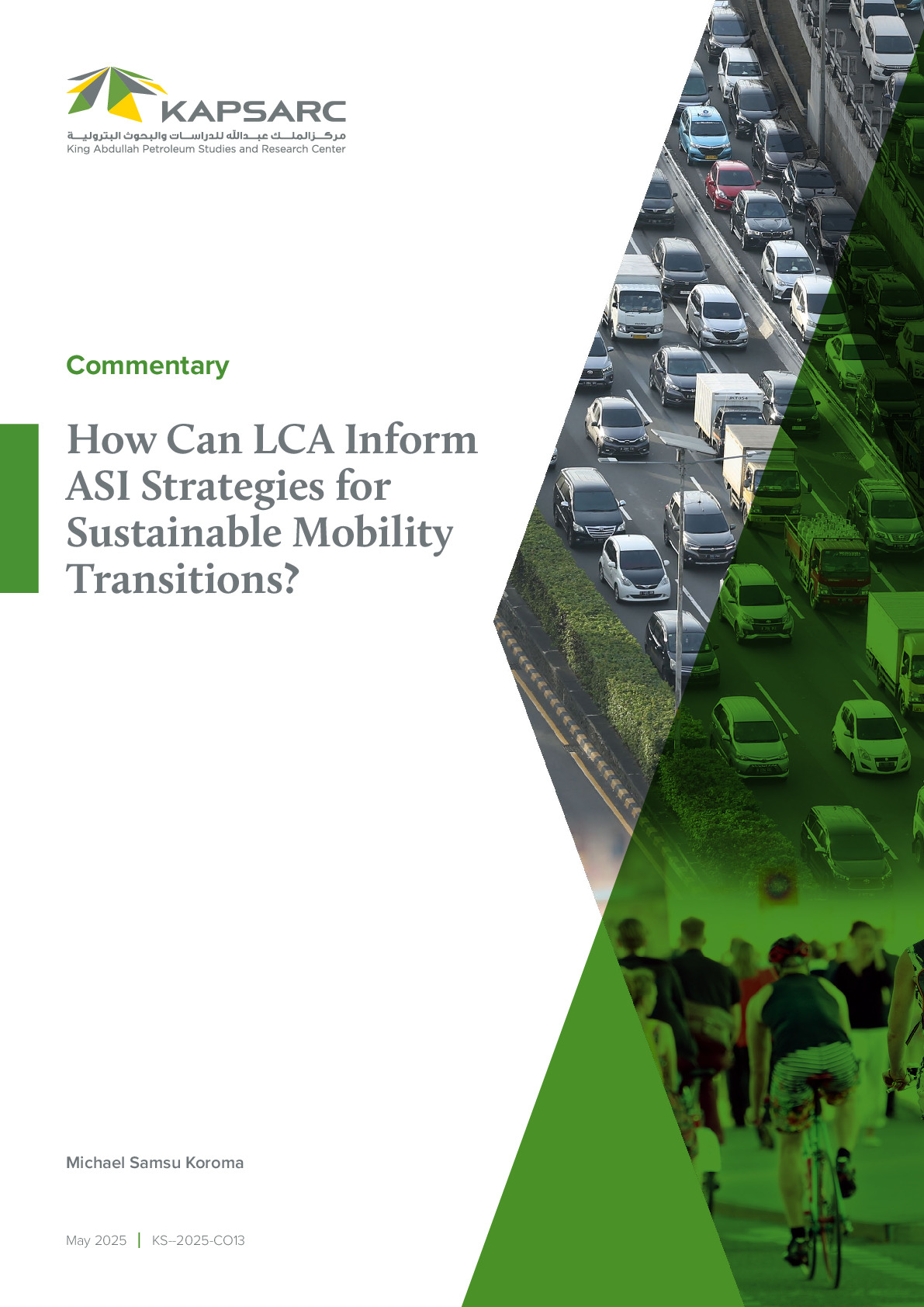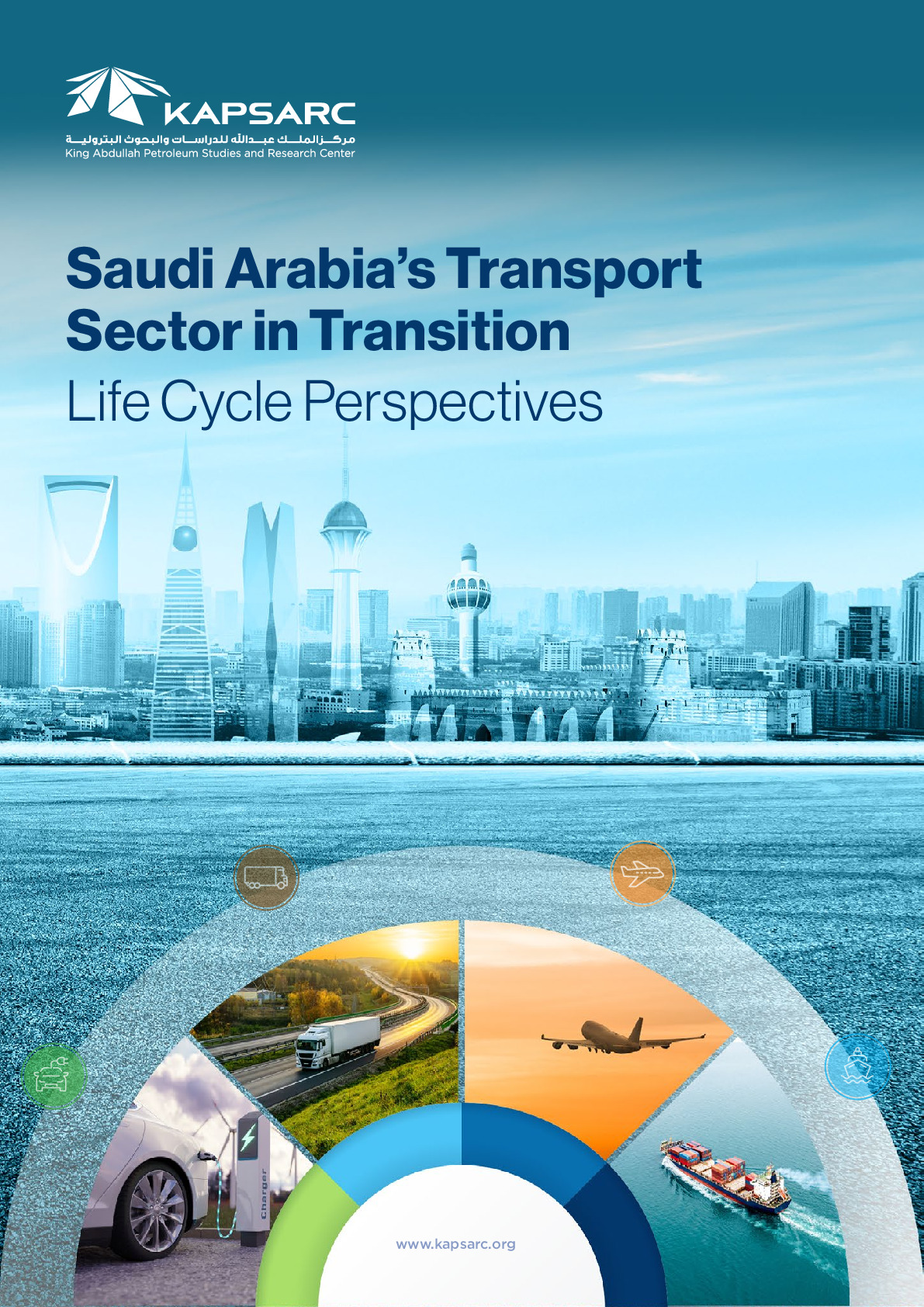Integrated approaches are vital for guiding sustainable mobility transitions, yet there is limited understanding of how life cycle assessment (LCA) can operationalize Avoid-Shift-Improve (ASI) strategies. This study explores the connections between LCA and ASI, demonstrating that LCA provides a rigorous, system-level method for evaluating the environmental performance of transport interventions across their life cycle. Findings show that LCA can effectively support “Avoid” strategies, such as compact urban development, by comparing transport emissions before and after intervention and revealing reductions driven by minimized travel demand and infrastructure needs. For “Shift” strategies, LCA enables comparative analysis across modes, private vehicles – public transit, and nonmotorized options – highlighting life cycle environmental benefits from more sustainable travel. In the “Improve” domain, LCA supports technology-neutral assessments of emerging transport technologies, such as electric and hydrogen vehicles, capturing trade-offs in material criticality, energy sources, and infrastructure impacts. This is especially relevant for Saudi Arabia, where the benefits of alternative vehicles depend heavily on the national power mix, fuel systems, and infrastructure readiness. Integrating LCA into ASI planning allows policymakers to prioritize interventions through robust, forward-looking, and technology-neutral assessments that support targeted actions aligned with the Kingdom’s climate goals.

Research Lead- Transportation & Infrastructure
Michael is a Lead at KAPSARC working on the life cycle sustainability assessment of transport and energy systems. His focus…
Michael is a Lead at KAPSARC working on the life cycle sustainability assessment of transport and energy systems. His focus is on conventional and alternative powertrain systems, with a special interest in low-carbon fuels and energy pathways. He previously served as a Researcher at KTH Royal Institute of Technology and Vrije Universiteit Brussel (VUB) on several Horizon 2020 transport research projects. Michael holds a Ph.D. in Engineering Sciences from VUB.
Expertise
- Life Cycle Sustainability Assessment
- Low-Carbon Energy/Fuels
- Alternative Powertrains
- Just Transition
- Circularity Principles
Publications See all Michael Samsu Koroma’s publications

How Can LCA Inform ASI Strategies for Sustainable Mobility Transitions?
Integrated approaches are vital for guiding sustainable mobility transitions, yet there is limited understanding of…
22nd May 2025
Saudi Arabia’s Transport Sector in Transition: Life Cycle Perspectives
Integrated approaches are vital for guiding sustainable mobility transitions, yet there is limited understanding of…
20th May 2025